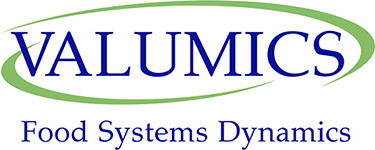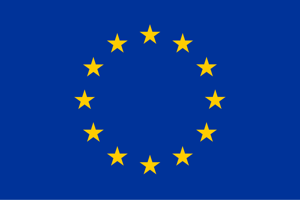Lappeenranta University of Technology – LUT
Lappeenranta University of Technology – LUT (www.lut.fi) has served as an academic forerunner since 1969 having approximately 6,500 students and experts engaged in scientific research and academic education, and approximately 1000 staff members. LUT, a future oriented university, is ranked as the best young university in Nordic countries and among the 20 universities challenging the global elite (). LUT’s Trailblazer strategy is searching for solutions to the grand challenges of our time. LUT’s certified Green Campus was awarded as the world’s most environmentally friendly university campus containing a wind turbine and a solar power plant, among other environmental technologies. Within the LUT Sustainability Science unit, there are professorships on Sustainability Science, Life Cycle Modelling, Waste Management, Transition Management, Sustainable Community, and Environment and Business.
The core team of LUT leading the VALUMICS activities in Finland is the Sustainability Science Group. The multidisciplinary group is led by the first professorship in Sustainability Science in Finland and it combines systems innovations with actor orientation through co-production approaches. The research group includes members of the Agrifood Resilience Group, and method expertise, of Natural Resources Institute Finland (Luke). The research focuses of the group are in resilience, circular economy, equity issues and sustainability transformations of food systems, food value networks and diets. Scales and cases from local to national and global are focused on, and both qualitative and quantitative methods are applied. The group is developing conceptual and quantitative models and tools to identify determinants of resilience (diversity, integration and networks) and quantify critical thresholds. Systems efficiency and lock-ins, relations among resilience, equity and efficiency, and transformations enabling circular and just food systems, are investigated. Future studies identify the range of paradigmatic strategies and governance, create quantitative anticipatory scenarios and apply participatory back-casting processes and solutions to path-dependence and lock-ins.
In WP2, LUT Sustainability Science Group and Luke provide competence in conceptualization and indicators for sustainability, integrity and resilience of food systems and value chains, and in their relations to equity and efficiency. In WP5, the group collects data especially from food supply chains separated from land use, such as insects. LUT group leads WP8 together with IDDRI, being in charge for identifying the paradigmatic structures, quantifying the contrasting sustainable, resilient, just and efficient anticipatory scenarios and identifying the path-dependences, key lock-ins and solutions in sustainability transformation. In addition, quantitative models on food system and chain resilience, equity and efficiency and their relations, developed in WP7 and WP8, are tested at various food system levels and scales.



